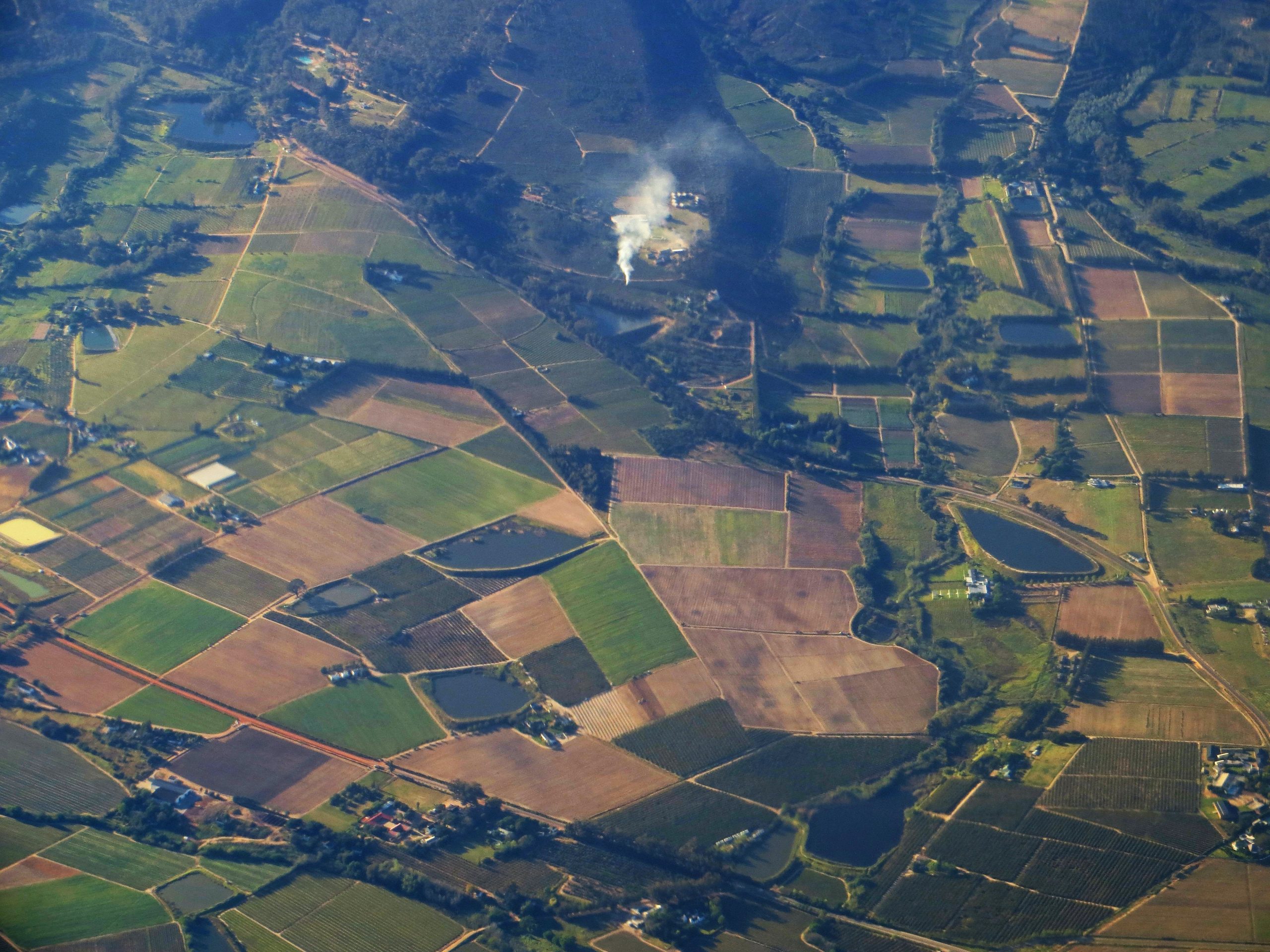Land – the ultimate tangible asset. For centuries, owning land has been a sign of wealth, prosperity, and power. But is it still a good investment in 2024? In this article, we’ll delve into the world of land investing, exploring its benefits, risks, and whether it’s the right fit for your financial portfolio.

First, let’s talk about the good stuff. Land has consistently proven to be a stable and relatively safe investment. Unlike stocks or bonds, which can fluctuate wildly with market trends, land values tend to remain steady over time. This makes it an attractive option for those seeking long-term returns without excessive risk. Additionally, land can provide a sense of security and control, as you have physical ownership of the property.
Another significant benefit of investing in land is its potential for appreciation. As urbanization and population growth continue to drive up demand for housing and commercial development, land values in desirable areas can skyrocket. This is particularly true in regions with limited land availability, such as coastal cities or areas with unique natural features. With the right location and a bit of patience, land investors can reap substantial rewards as their property increases in value.
Now, let’s discuss the not-so-good stuff. One of the most significant drawbacks of land investing is the lack of liquidity. Unlike stocks or mutual funds, which can be quickly sold or traded, land is a physical asset that can take months or even years to sell. This means that investors need to have a long-term perspective and be prepared to hold onto their land for an extended period.
Another challenge facing land investors is maintenance and management. Depending on the type of land and its intended use, there may be ongoing expenses related to upkeep, taxes, and regulatory compliance. For example, if you own agricultural land, you’ll need to consider the costs of equipment, labor, and crop management. Similarly, if you’re holding onto land for development, you’ll need to navigate complex zoning regulations and permitting processes.
Despite these challenges, many investors find that the benefits of land ownership far outweigh the drawbacks. With the rise of e-commerce and remote work, more people are seeking a simpler, more peaceful way of life. This has led to an increased demand for rural or natural areas, making land investing an attractive option for those who want to capitalize on this trend.
So, is land a good investment in 2024? For the right investor, the answer is unequivocally yes. With its stability, potential for appreciation, and sense of security, land can be a valuable addition to any financial portfolio. However, it’s crucial to approach land investing with caution and thoroughly consider the potential risks and challenges.
To get started, consider the following tips:
- Research, research, research. Understand the local market, zoning regulations, and environmental factors that can impact land values.
- Set clear goals and objectives. Are you looking for long-term appreciation or immediate returns?
- Consider working with a professional. A reputable real estate agent or land broker can help guide you through the process and ensure a smooth transaction.
- Diversify your portfolio. Don’t put all your eggs in one basket; consider investing in different types of land or exploring alternative assets, such as real estate investment trusts (REITs) or crowdfunding platforms.
In conclusion, land investing can be a savvy and rewarding strategy for those who understand its intricacies. By carefully evaluating the benefits and risks, setting clear goals, and working with professionals, you can unlock the potential of this timeless asset and secure a brighter financial future.





